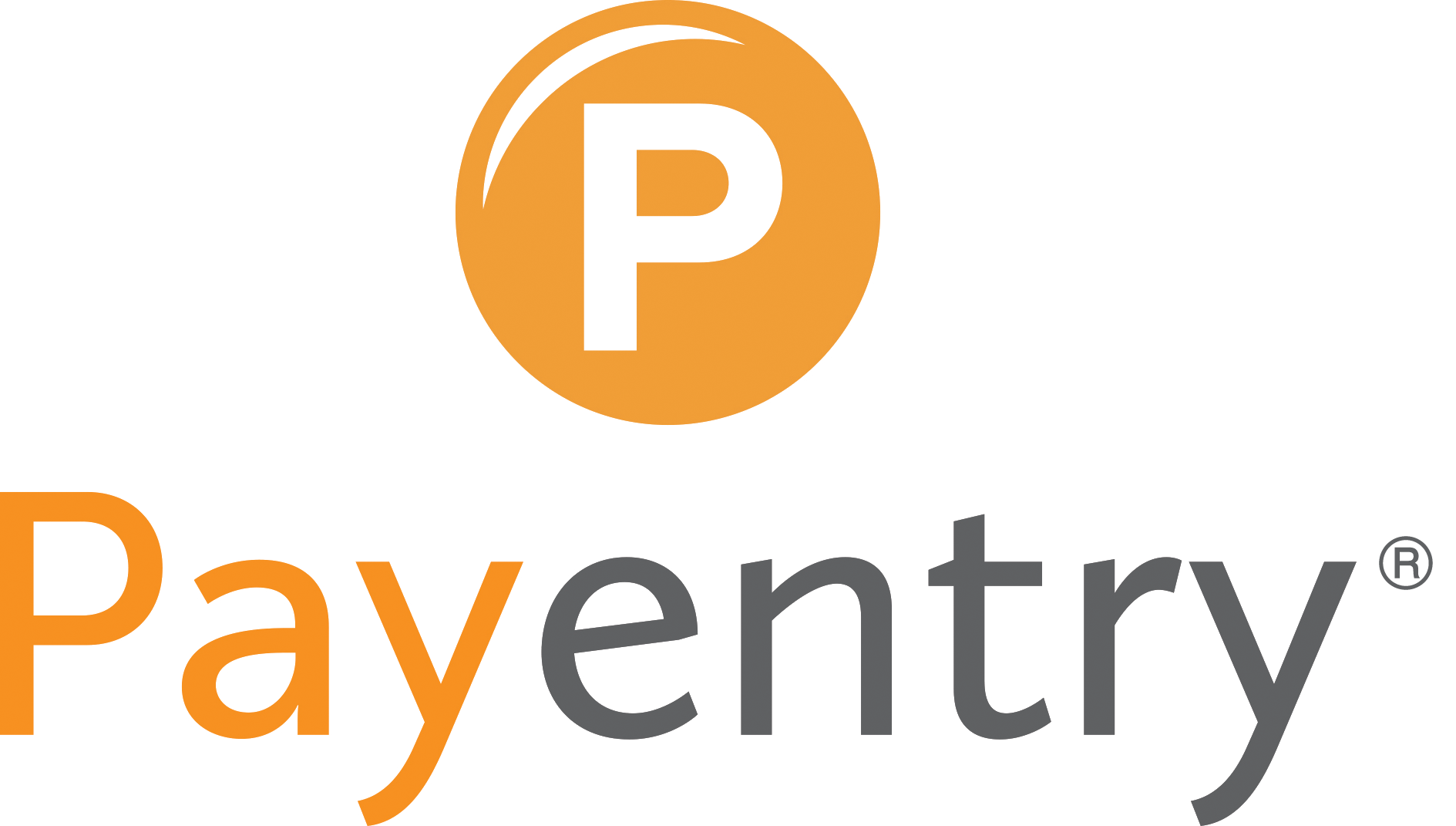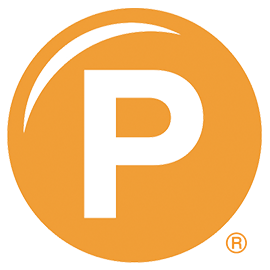
The Role of Human Resources in Preventing Employee Burnout
Employee burnout has become a critical concern in today’s workplace. With long hours, high expectations, and the blending of work and personal life (especially in remote or hybrid environments) more professionals are reporting feelings of chronic stress and exhaustion. While managers and team leaders are often on the front lines, Human Resources (HR) plays a uniquely strategic role in preventing burnout across the organization.
What Is Employee Burnout?
Burnout is more than just occasional tiredness or stress. The World Health Organization defines it as a syndrome resulting from chronic workplace stress that has not been successfully managed. It is characterized by:
- Emotional exhaustion.
- Reduced professional efficacy.
- Increased mental distance or cynicism toward one’s job.
Left unaddressed, burnout can lead to decreased productivity, higher turnover, and increased healthcare costs.
Why HR’s Role Matters
HR is often the architect of company culture, policy, and employee well-being programs. This puts HR in a central position to identify risk factors, implement preventive strategies, and foster an environment where burnout is less likely to take root.
Here are some of the key ways HR contributes to burnout prevention:
- Designing Sustainable Work Policies
From flexible work arrangements to realistic job descriptions, HR can help shape policies that support balance rather than overextension. This includes:
- Establishing clear expectations around work hours and availability.
- Supporting hybrid or remote work where appropriate.
- Encouraging regular time off and tracking vacation use.
Well-designed policies can create a framework that discourages overwork and supports rest and recovery.
- Promoting Mental Health Resources
Many organizations now offer Employee Assistance Programs (EAPs), mental health days, or wellness stipends. HR is often responsible for implementing and promoting these resources. More importantly, HR can work to reduce stigma by:
- Hosting wellness workshops or awareness campaigns.
- Training managers to recognize early signs of burnout.
- Making mental health resources visible and accessible.
- Gathering and Responding to Employee Feedback
HR often conducts employee surveys, focus groups, and exit interviews, all of which provide insights into workload, morale, and potential burnout triggers. Proactive analysis of this feedback can:
- Reveal systemic issues such as understaffing and unrealistic deadlines, etc.
- Highlight departments or roles at higher risk.
- Inform targeted interventions.
- Training Managers for Empathetic Leadership
HR can equip leaders with the skills to spot burnout symptoms, hold empathetic check-ins, and model healthy work habits. These leadership behaviors help shape team dynamics and create psychological safety, which is a buffer against burnout.
- Cultivating a Culture of Recognition and Purpose
Employees are less likely to burn out when they feel valued and connected to the organization’s mission. HR can lead recognition programs, celebrate wins, and embed purpose into onboarding and ongoing engagement initiatives.
Final Thoughts
Burnout is complex, and no single department can solve it alone. But HR’s role is foundational. By aligning people strategies with well-being goals, HR can help build workplaces that are not only productive but sustainable.
Burnout prevention is not about working less. It’s about working smarter, with intention, support, and care. And HR is at the heart of making that possible.
Curious about how to reduce burnout and boost long-term engagement?
Let’s Talk. Payentry HR solutions can support your efforts to create a workplace where everyone can thrive, without burn out. Our personnel management professionals provide expert support in payroll, workforce management, human resources, benefits administration, and retirement planning services.
For the latest updates, to view our webinars, and listen to our podcasts, visit and follow us on LinkedIn, Facebook, X, Instagram, YouTube and Spotify.
Learn more about how we can help you achieve your goals, address challenges, and resolve issues with speed and precision by conveniently scheduling an appointment with our team. And to speak directly with an experienced payroll professional, please contact us at 888.632.2940 or simply Click Here and Let’s Talk.
* MPAY LLC dba Payentry (Company), is not a law firm. This article is intended for informational purposes only and should not be relied upon in reaching a conclusion in a particular area of law. Applicability of the legal principles discussed may differ substantially in individual situations. Receipt of this or any other Company materials does not create an attorney-client relationship. The Company is not responsible for any inadvertent errors that may occur in the publishing process.

